The Fellowship for Rabbinic Entrepreneurs has given me the space and tools to turn my ideas into action. It has provided concrete action steps and given me a community of thought partners who have given me faith in the Jewish future.
—Miriam Liebman, Jewish Theological Seminary
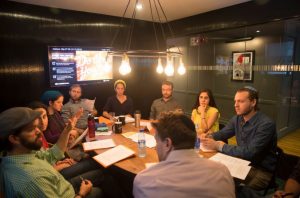 Developed in partnership with M2: The Institute for Experiential Jewish Education, Hillel’s Office of Innovation (OOI) Fellowship for Rabbinic Entrepreneurs is a one-year internship for rabbinical students of all denominations who seek to build the communities they wish to serve. Working at local Hillels and with other partners, OOI rabbinic entrepreneurs participate in a series of retreats, biweekly seminars, and practica to learn the critical skills to design, develop, and scale new Jewish communities.
Developed in partnership with M2: The Institute for Experiential Jewish Education, Hillel’s Office of Innovation (OOI) Fellowship for Rabbinic Entrepreneurs is a one-year internship for rabbinical students of all denominations who seek to build the communities they wish to serve. Working at local Hillels and with other partners, OOI rabbinic entrepreneurs participate in a series of retreats, biweekly seminars, and practica to learn the critical skills to design, develop, and scale new Jewish communities.
OOI was founded on the premise that new communities of Jewish life—especially those formed by young adults—crave dynamic, charismatic leaders. And while charisma, many maintain, is an innate gift, OOI believes there are discrete, transmittable, entrepreneurial skills that can be used to foster new forms of Jewish community.
This knowledge is essential for anyone following the path of professional community building.
– Rebecca Blady, Yeshivat Maharat
So what are OOF Fellows are learning? They’re learning to identify potential networks of young Jews based on interest, demographics, and social trends. They’re learning to build relationships—at the heart of rabbinic work—in a systematic, data-supported manner. They’re learning how to rapidly develop projects to respond quickly to what young adults want. And they’re learning to thoughtfully craft the spaces and highly curated experiences young Jews seek and have come to expect.
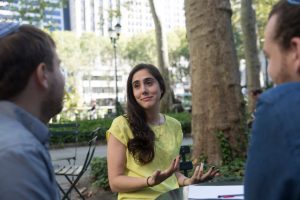 But they’re not simply reading about these approaches and strategies. They’re experiencing them—often in new ways. As just one example, Fellows received a special tour of Equinox’s Bryant Park branch—and upscale fitness center—through every nook and recess of the cavernous complex. With clipboards in hand, Fellows observed the sounds, sights, smells, and feel around them as they learn about “User Experience.” Different Fellows note various details, and all are struck by the precision of language used to describe the various activities, elevating the mundane activity of exercise into a bona fide “experience.” This, they realize, can greatly inform how they help create Jewish experiences.
But they’re not simply reading about these approaches and strategies. They’re experiencing them—often in new ways. As just one example, Fellows received a special tour of Equinox’s Bryant Park branch—and upscale fitness center—through every nook and recess of the cavernous complex. With clipboards in hand, Fellows observed the sounds, sights, smells, and feel around them as they learn about “User Experience.” Different Fellows note various details, and all are struck by the precision of language used to describe the various activities, elevating the mundane activity of exercise into a bona fide “experience.” This, they realize, can greatly inform how they help create Jewish experiences.
Every 21st century rabbi needs to know what the Fellowship for Rabbinic Entrepreneurs is teaching. The tools to create new, meaningful Jewish communities should be as much a part of the rabbinical lexicon as the weekly parsha. The new Jew needs a new rabbi, and the OOI is breeding them.
—Jeremy Borovitz, Yeshivat Chovevei Torah
As the first cohort of the Fellowship concludes, four Fellows already have been placed in Hillel positions. As the second cohort gets underway soon, OOI looks to continue to fill a unique role to develop new leaders and educators ready to build and shape vibrant Jewish communities.
Meet the first cohort of Fellows here. A second cohort will begin later this spring.
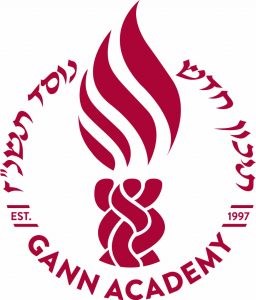
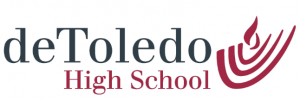
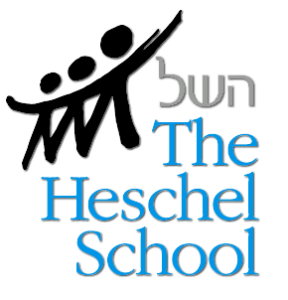

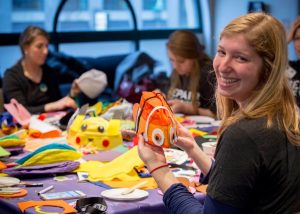
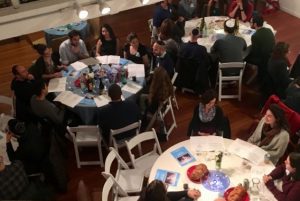



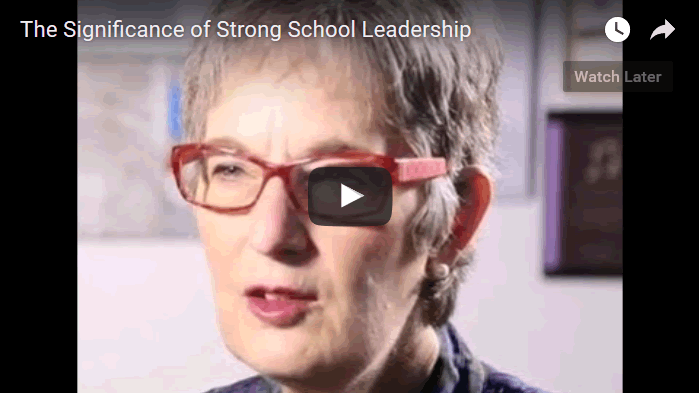
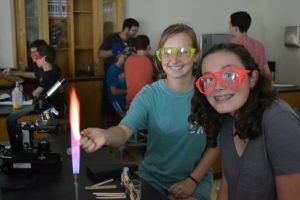
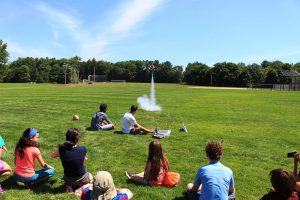
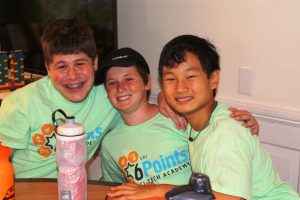
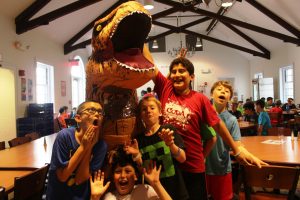
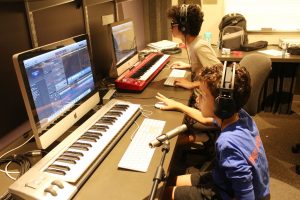
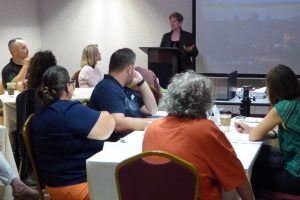
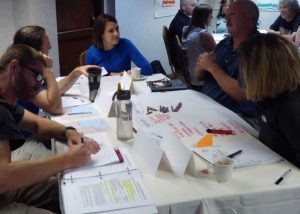
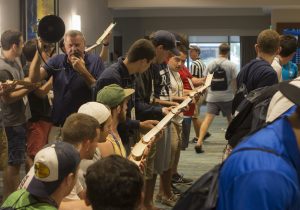 As the only international Jewish fraternity,
As the only international Jewish fraternity,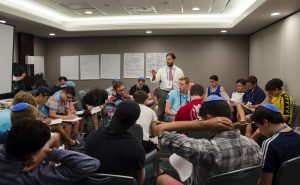 For the Tikkun Olam Track, AEPi staff led a Jewish philanthropy program that had participants run a phonathon/textathon for an hour with a goal of raising $1000 to show the ease in which fundraising can be done at a local level at each chapter). The group exceeded the goal, and the program was immediately praised by many participants, some of whom had never before solicited a gift.
For the Tikkun Olam Track, AEPi staff led a Jewish philanthropy program that had participants run a phonathon/textathon for an hour with a goal of raising $1000 to show the ease in which fundraising can be done at a local level at each chapter). The group exceeded the goal, and the program was immediately praised by many participants, some of whom had never before solicited a gift.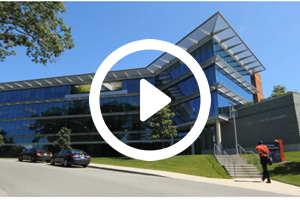
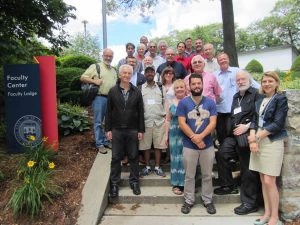
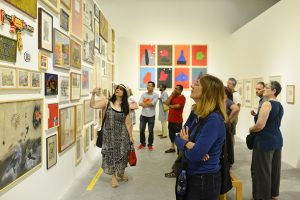
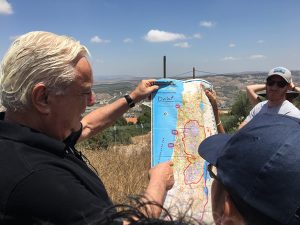
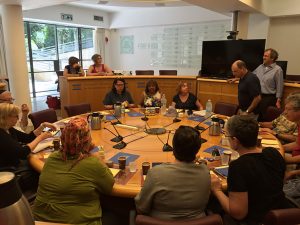
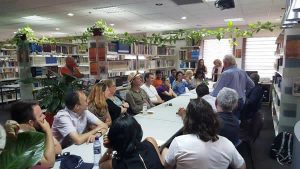
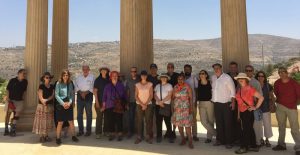
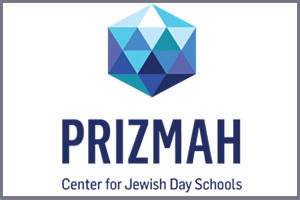
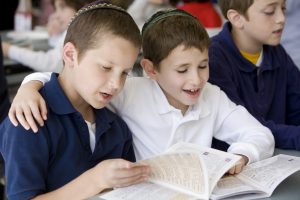 ve close to four hundred day schools across denominations—and in turn their nearly 100,000 students—through services that:
ve close to four hundred day schools across denominations—and in turn their nearly 100,000 students—through services that: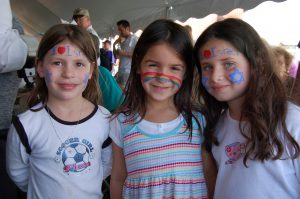 enings and field-building activities promoting research and innovation, Prizmah will elevate the place of day schools within the Jewish communal agenda and beyond. And in February, the Prizmah North American Jewish Day School Conference will harness the “Power of Story”— as participants will learn about crafting, telling, listening, and responding to the powerful stories in their work and community in order to be more effective and to lead their schools forward.
enings and field-building activities promoting research and innovation, Prizmah will elevate the place of day schools within the Jewish communal agenda and beyond. And in February, the Prizmah North American Jewish Day School Conference will harness the “Power of Story”— as participants will learn about crafting, telling, listening, and responding to the powerful stories in their work and community in order to be more effective and to lead their schools forward.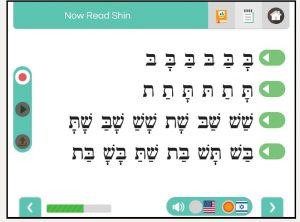 ng its fourth year, JCC Manhattan’s
ng its fourth year, JCC Manhattan’s  Synagogues and families tell JJP they are interested in the benefits that the Hebrew Homepage can offer all students, whether or not they are enrolled in JJP. Responding to this demand, JJP will roll out the Hebrew Homepage as a stand-alone service that any congregation or student can subscribe to, to strengthen their Hebrew acquisition. As a way of becoming a sustainable venture beyond the pilot funding phase, Hebrew Homepage will become a fee-for-service program that will help offset the philanthropic contributions that launched JJP.
Synagogues and families tell JJP they are interested in the benefits that the Hebrew Homepage can offer all students, whether or not they are enrolled in JJP. Responding to this demand, JJP will roll out the Hebrew Homepage as a stand-alone service that any congregation or student can subscribe to, to strengthen their Hebrew acquisition. As a way of becoming a sustainable venture beyond the pilot funding phase, Hebrew Homepage will become a fee-for-service program that will help offset the philanthropic contributions that launched JJP.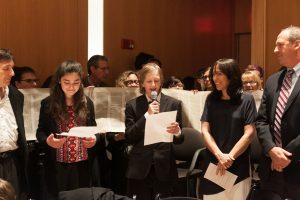 grade students and parents meet six times for family learning, and students meet weekly in their own class, Judaism On One Foot: Bring It Home and Making It Your Own. Students also study individually with a teacher to read and discuss their Torah portion, and develop a response to this portion that might be a video, musical performance, or an interactive experience for guests. The actual
grade students and parents meet six times for family learning, and students meet weekly in their own class, Judaism On One Foot: Bring It Home and Making It Your Own. Students also study individually with a teacher to read and discuss their Torah portion, and develop a response to this portion that might be a video, musical performance, or an interactive experience for guests. The actual 